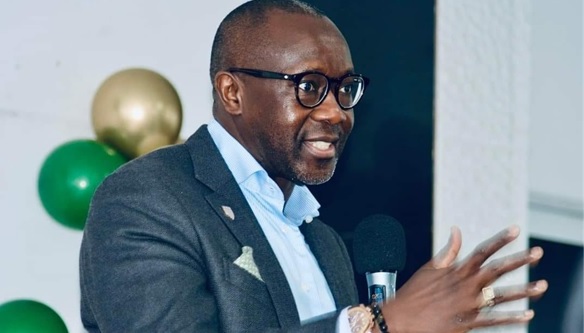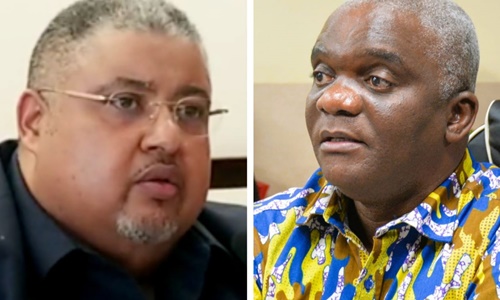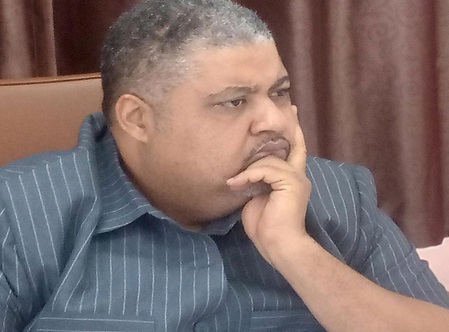MONROVIA, LIBERIA – In a strong statement issued on Tuesday, September 24, 2024, Gbarpolu County Senator Amara Mohammed Konneh explained his decision to withhold support for the recast Fiscal Year 2024 budget. His announcement follows the chaotic budget proceedings that unfolded in the Liberian Senate, which he described as “undemocratic.”
Konneh emphasized that his vote against the budget reflected his commitment to transparency, good governance, and democratic processes, values he considers non-negotiable. “Although I couldn’t influence the final language of the total Government of Liberia recast budget bill, it’s crucial for me to convey to my constituents and all Liberians that my vote reflects my fundamental beliefs,” he said.
The Senator outlined several reasons for his opposition to the recast budget, focusing on transparency issues, cuts to essential services, and concerns over resource allocation.
A significant point of contention for Konneh was the $1.7 million allocated for “Other Compensation and Liabilities.” He questioned who the funds would be paid to and for what services. “It would benefit the Liberian people to understand who the funds are being paid to and for what specific services. Additionally, providing information on the nature of the liabilities, how they were incurred, and by whom would help to address any concerns,” Konneh noted.
Senator Konneh also criticized the reduction in healthcare funding, particularly in Western Liberia. Despite some reallocations made by the Legislature’s Conference Committee, hospitals and health centers in Gbarpolu, Bomi, and Grand Cape Mount Counties have received only about 10% of their allocated funds.
Citing specific figures, Konneh revealed that the Emirates Hospital in Gbarpolu County had only received $37,000, while 14 health centers in six districts collectively received just $50,000, averaging $3,571 per facility for nine months of operation. This underfunding is mirrored in the southeastern region, raising concerns about healthcare access for Liberians in rural areas.
Senator Konneh voiced alarm over the challenges facing Liberia’s primary and secondary schools. According to him, the recast budget initially proposed cuts to education funding, sparking protests from Senators. Although the legislature restored the cuts, he expressed disappointment that the “restored” funds were redirected to tertiary education instead of supporting teacher training institutes, which are vital for improving the quality of education in primary and secondary schools.
Konneh further criticized the budget’s impact on the agriculture, energy, and environment sectors, all crucial for Liberia’s food security and economic stability. He warned that cuts to these sectors, particularly defunding the Liberia Electricity Corporation and the Rural and Renewable Energy Agency, could severely hinder the provision of affordable electricity, placing further strain on businesses and households.
“The proposed cuts could lead to increased challenges for businesses and families, potentially resulting in a greater reliance on imported food and generators that pollute the environment,” Konneh cautioned.
In his concluding remarks, Senator Konneh questioned the Senate’s commitment to good governance, particularly in light of recent budget controversies. “How can we oversee the passage of a non-transparent budget after the previous alteration scandal? Are we committed to good governance, or have we given up on our country?” he asked, referring to a previous scandal involving alterations to the fiscal budget.
Konneh lamented the hardship experienced by ordinary Liberians, noting that nine months into the new government’s administration, many people are expressing “subdued disappointment and frustration.” He called for his fellow Senators and supporters of the current government to reflect on the situation objectively.
“The current hardships in the country fall far short of my expectations, including those of my friends who supported change, the voters in Gbarpolu County who sent me to the Senate, and the rest of the country who voted for change,” he concluded.
The Senator’s remarks stresses growing concerns about transparency, equitable resource distribution, and accountability in Liberia’s fiscal management as the country navigates its financial and governance challenges.







